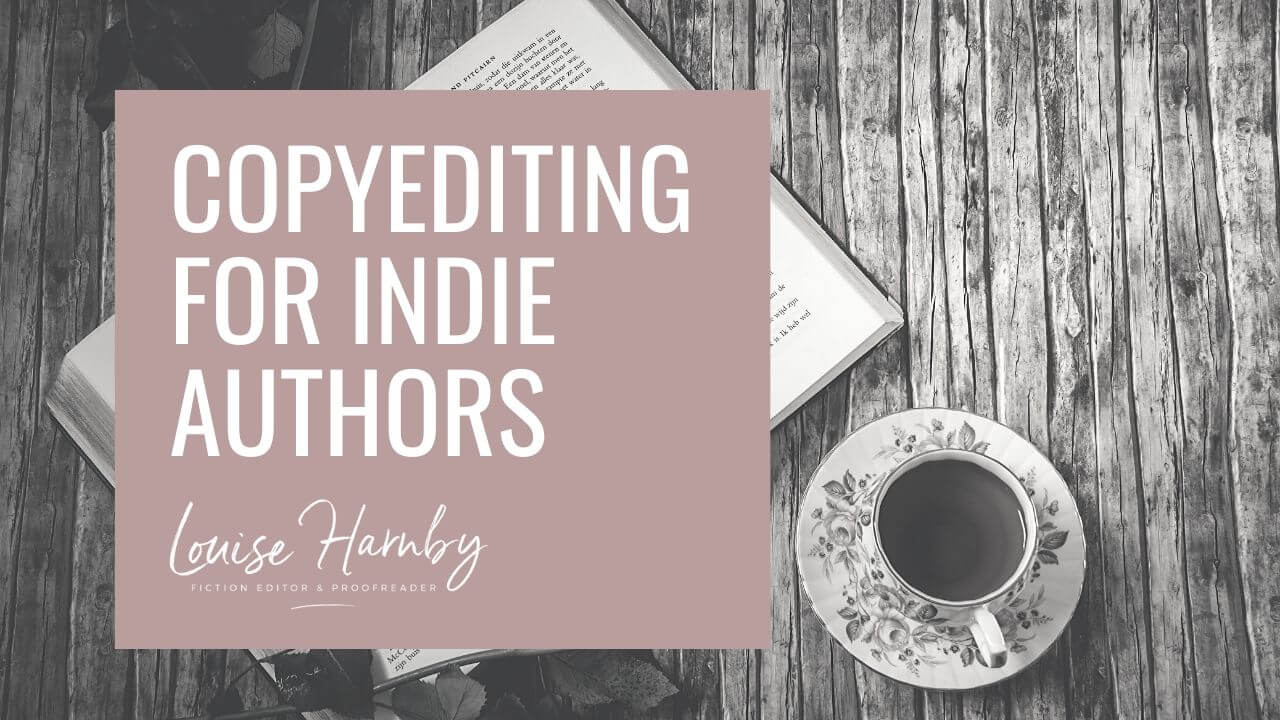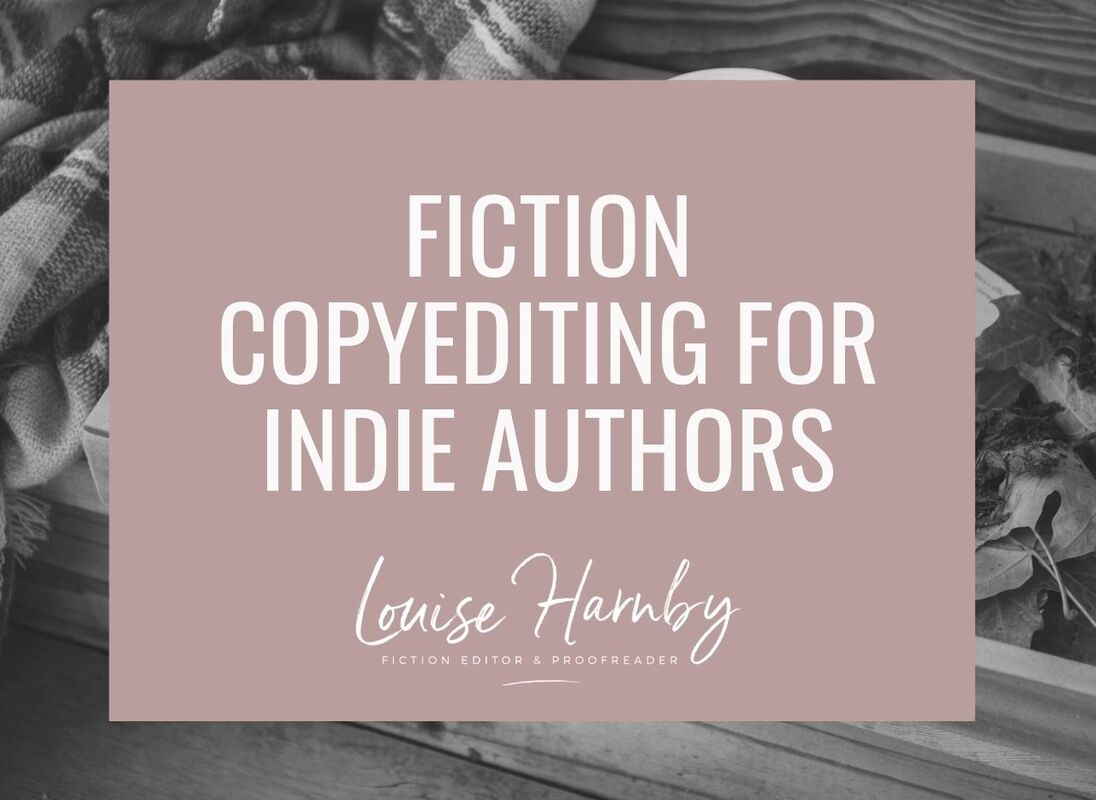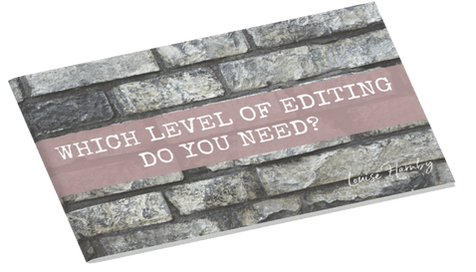Case study
Jo Pennedanovel is navigating the independent publishing world for the first time. She’s never gone it alone so she’s working from scratch – writing, finding editorial support and a cover designer, building a promotion strategy, and learning about sales and distribution platforms.
The brief
Jo knows that more than a proofread is required, but she’s happy with the big-picture aspects of her novel. She needs something in the middle: ‘copyediting’, she’s heard it called. So that’s what she looks for.
Jo goes online and searches for a copyeditor, finds someone who has over a decade’s worth of experience of copyediting fiction for some of the big-name publishing houses.
If that editor’s good enough for them, they’re good enough for Jo! Jo hires the copyeditor for her book.
The outcome
Jo’s a professional and takes her writing seriously. She knows there will be outstanding glitches that were missed at copyediting stage, so she hires another editor to proofread her book. All well and good so far.
The editor fixes the outstanding proofreading glitches but notices the following:
- There are over 300 viewpoint drops – most are small but still glaring to him because, well, he’s studied line craft.
- The prose is sometimes laboured and repetitive – not because Jo’s a poor writer but because she’s immersed in the storytelling rather than the minutiae.
- A plethora of speech tags tell of mood that’s already been adequately conveyed in the excellent dialogue.
The fix
The proofreader could ignore all the line-craft issues. After all, he’s not been commissioned to do this work and it will cut into his hourly rate. And anyway, shouldn’t the previous editor have fixed this stuff?
Still, he’s committed to editorial excellence, wants a cracking book in his portfolio, and would like to work with that author again, so he decides that ignoring these problems isn’t an option.
He could do one of the following:
- Flag up the issues in a report but elect not to solve each individual problem.
- Go the whole hog, offer suggested recasts so Jo can fix the problems easily, and write off the extra time as a marketing expense. Maybe he can persuade Jo to hire him for the copyediting stage next time.
- Halt the proofread, go back to Jo, explain the problem and try to renegotiate the project brief.























 RSS Feed
RSS Feed





